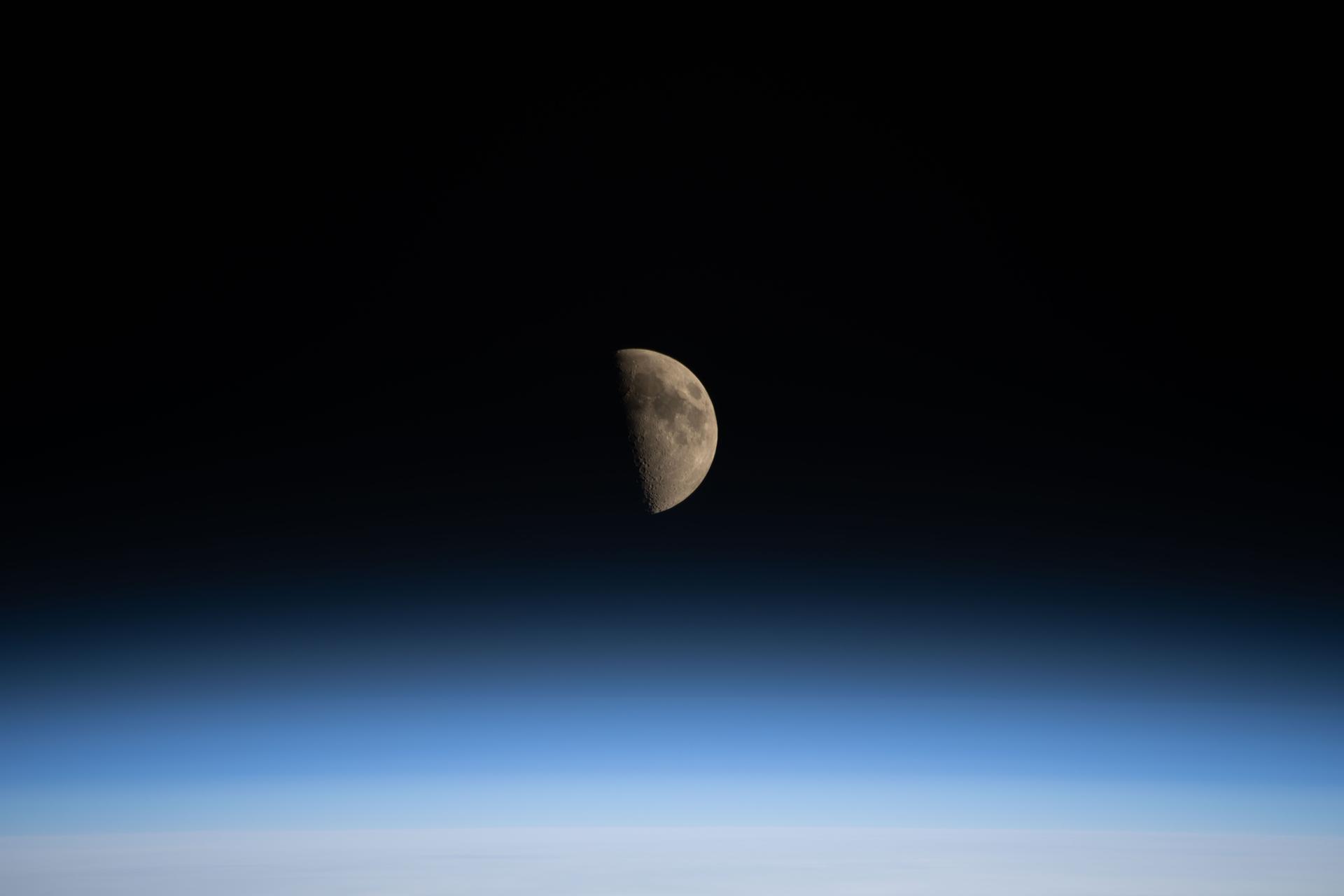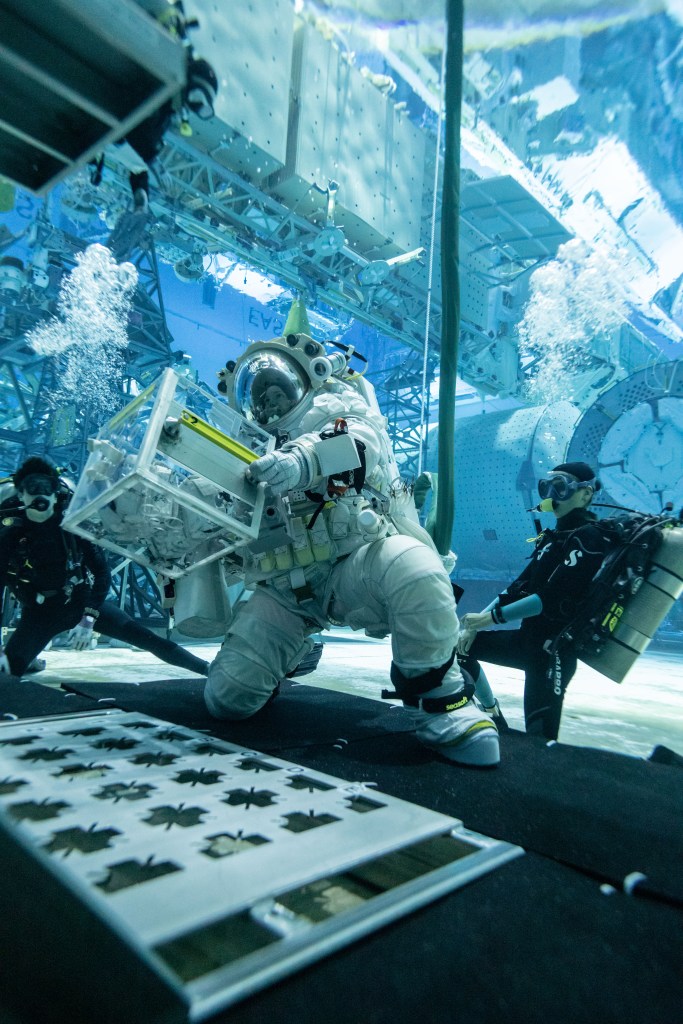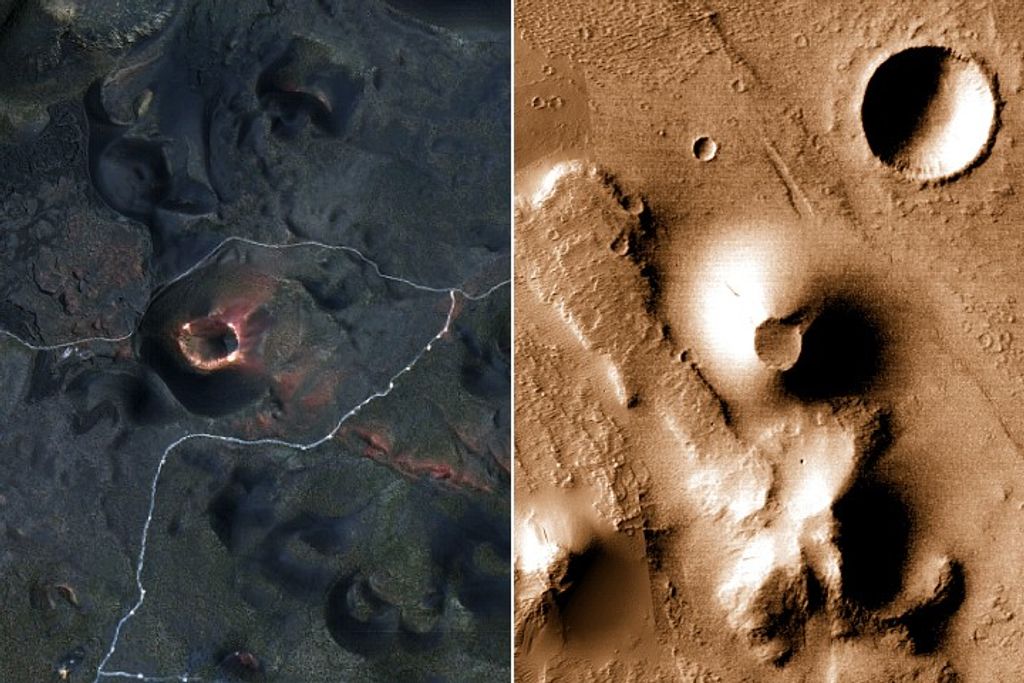
Jessica Marquez
Human Systems Engineer
Affiliation– NASA Ames Research Center
Division– Human Systems Integration Division (TH)
Email– jessica.j.marquez@nasa.gov
Professional Bio
Since 2007, Dr. Jessica Marquez has been working at the NASA Ames Research Center within the Human-Systems Integration Division. As part of the Human-Computer Interaction Group, she has supported the development and deployment of planning and scheduling software tools for various space missions, including the International Space Station Program. She now leads the team that is developing Playbook, a web-based planning, scheduling, and execution software tool. Her work has led to supporting different NASA Earth analog missions that simulate planetary missions and spacewalks. In addition, Dr. Marquez is a subject matter expert for space human factors engineering, specifically in human-automation-robotic integration. She lends her expertise across different NASA research programs, like the Space Technology Research Institutes and the Human Research Program. With various PI and Co-I grants, her research has focused on increasing and improving crew autonomy for future Moon-to-Mars missions.
Awards
(2025) Ames Honor Award, Education and Outreach
(2019) Privately Sponsored, Outstanding Technical Contribution in Government Award – Women of Color Magazine
(2017) NASA Space Flight Awareness Award, Playbook for Crew Autonomous Scheduling Test (CAST)
(2016) NASA Group Achievement Award, Crew Activity Scheduling System (Playbook) Team
(2015) Ames Technology Award, Software Release Award for Open Scheduling and Planning Interface for Exploration (OpenSPIFe)
(2014) Ames ISS Space Flight Awareness Award, Score, PLATO, APEX, and SPIFe
(2014) NASA Software of the Year, Runner-up, Ensemble Project
(2014) NASA Outstanding Leaders Medal, Outstanding leadership in support of NASA missions
(2013) NASA Group Achievement Award, ISS Power Planning and Analysis Tool (PLATO) Team
(2012) NASA Group Achievement Award, The Score Team
(2011) NASA Group Achievement Award, Planning and Analysis Tool (PLATO) Team
(2009) NASA Group Achievement Award, Constellation Safety, Reliability, and Quality Assurance (CxSR&QA) Mission Assurance System and Process Team
(2009) NASA Group Achievement Award, Johnson Space Center (JSC) Mission Operations Directorate (MOD) Internal Task Agreement (ITA) with Ames
Education
2007, Ph.D., Human-Systems Engineer, Massachusetts Institute of Technology, Cambridge, MA.
2007, Minor, Aerospace Systems
2002, S.M., Aeronautics/Astronautics, Massachusetts Institute of Technology, Cambridge, MA.
1999, B.S.E., Mechanical Engineering, Princeton University, Princeton, NJ.
Research Interests
Space Human Factors Engineering
Human Spaceflight Operations
Human-Automation Integration
Human-Robotic Integration
Human-Computer Interaction
Exploration Mission Design
Analog Simulations
Selected Publications
Marquez, J. J., Hillenius, S., Kanefsky, B., Zheng, J., Deliz, I., & Reagan, M. (2017, March). Increasing crew autonomy for long duration exploration missions: Self-scheduling. In 2017 IEEE Aerospace Conference (pp. 1-10). IEEE.
Marquez, J. J., Miller, M. J., Cohen, T., Deliz, I., Lees, D. S., Zheng, J., & Hillenius, S. (2019). Future needs for science-driven geospatial and temporal extravehicular activity planning and execution. Astrobiology, 19(3), 440-461.
Marquez, J. J., Edwards, T., Karasinski, J. A., Lee, C. N., Shyr, M. C., Miller, C. L., & Brandt, S. L. (2023). Human performance of novice schedulers for complex spaceflight operations timelines. Human Factors, 65(6), 1183-1198.
Marquez, J. J., Landon, L. B., & Salas, E. (2023). The Next Giant Leap for Space Human Factors: The Opportunities. Human Factors, 65(6), 1279-1288.
Hambuchen, K., Marquez, J., & Fong, T. (2021). A review of NASA human-robot interaction in space. Current Robotics Reports, 2(3), 265-272.
Marquez, J. J., Pyrzak, G., Hashemi, S., McMillin, K., & Medwid, J. (2013). Supporting real-time operations and execution through timeline and scheduling aids. In 43rd International conference on environmental systems (p. 3519).
Marquez, J. J., Hillenius, S., Healy, M., & Silva-Martinez, J. (2019, July). Lessons learned from International Space Station crew autonomous scheduling test. In International Workshop on Planning and Scheduling for Space (IWPSS 2019) (No. ARC-E-DAA-TN70121).
Marquez, J. J., Adelstein, B. D., Chang, M. L., Ellis, S. R., Hambuchen, K. A., & Howard, R. L. (2017). Future Exploration Missions’ Tasks Associated with the Risk of Inadequate Design of Human and Automation/Robotic Integration (No. NASA/TM-2017-219516).
Marquez, J. J., Sullivan, D., & Karasinski, J. (2022). The role of trust and usability to enable spaceflight crew autonomy. In ASCEND 2022 (p. 4262).
Marquez, J. J., Hillenius, S., Deliz, I., Zheng, J., Kanefsky, B., & Gale, J. (2019, March). Enabling communication between astronauts and ground teams for space exploration missions. In 2019 IEEE Aerospace Conference (pp. 1-10). IEEE.
Marquez, J. J., Shelat, S., & Karasinski, J. (2022). Promoting Crew Autonomy in a Human Spaceflight Earth Analog Mission through Self-Scheduling. ASCEND 2022, 4263.
Marquez, J. J., Riley, V., & Schutte, P. C. (2018). Human automation interaction. In Space safety and human performance (pp. 429-467). Butterworth-Heinemann.
Chang, M. L., & Marquez, J. J. (2018). Human-automation allocations for current robotic space operations: space station remote manipulator system (No. NASA/TM-2018–220042).
Marquez, J. J. (2015, March). Integrating human performance measures into space operations: Beyond our scheduling capabilities?. In 2015 IEEE Aerospace Conference (pp. 1-9). IEEE.
Marquez, J. J., Hillenius, S., Zheng, J., Deliz, I., Kanefsky, B., & Gale, J. (2019, November). Designing for astronaut-centric planning and scheduling aids. In Proceedings of the Human Factors and Ergonomics Society Annual Meeting (Vol. 63, No. 1, pp. 468-469). Sage CA: Los Angeles, CA: SAGE Publications.
Marquez, J. J., Karasinski, J. A., & Zheng, J. (2021, May). How the Internet of” Space” Things will Disrupt and Transform Astronaut Work-life. In 2021 ACM CHI Conference on Human Factors in Computing Systems.
Marquez, J., Ludowise, M., McCurdy, M., & Li, J. (2010, July). Evolving from planning and scheduling to real-time operations support: Design challenges. In 40th International Conference on Environmental Systems (p. 6282).
Holden, K., Marquez, J. J., Vos, G., & Cross, E. V. (2020). Human interaction with space-based systems. In Psychology and Human Performance in Space Programs (pp. 259-294). CRC Press.
Marquez, J. (2010, July). Assessment of scheduling and plan execution of Apollo 14 lunar surface operations. In 40th International Conference on Environmental Systems (p. 6104).
Marquez, J. J., McCandless, J. W., Thrush, T., Toscano, W. B., Ulman, J., & Diegelman, T. E. (2008). Supporting Constellation Mission Training from Crew to Controllers (No. 2008-01-2106). SAE Technical Paper.
Márquez, J. J. (2006). Human-automation collaboration: decision support for lunar and planetary exploration (Doctoral dissertation, Massachusetts Institute of Technology).



















